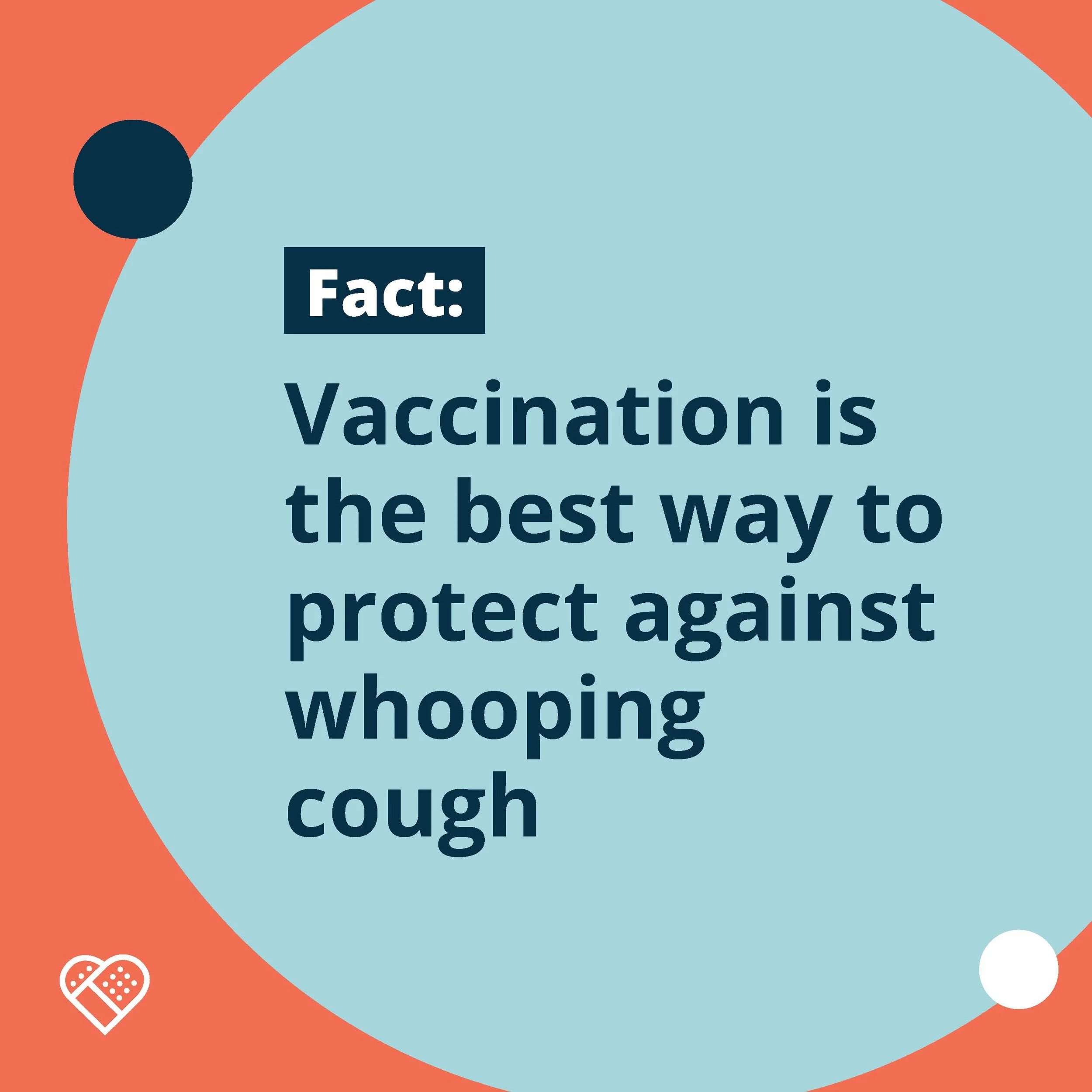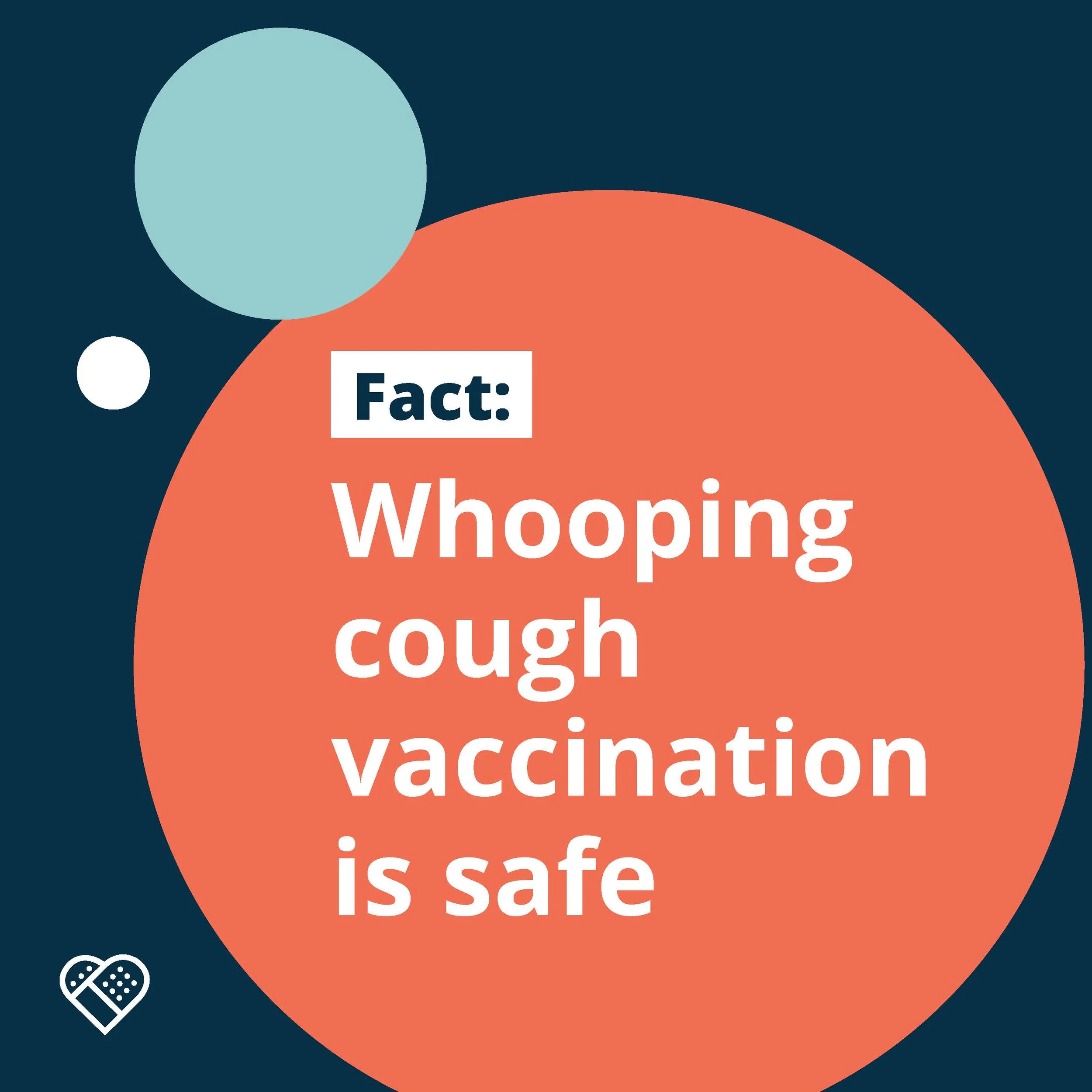Known medically as pertussis, whooping cough is a highly infectious and potentially fatal bacterial infection that attacks the airways, causing uncontrollable coughing and difficulty breathing.
Often referred to as the ‘100-day cough,’ whooping cough can cause rapid, violent, and uncontrolled coughing fits until all air is gone from the lungs. These coughing fits can last for months and can be so severe that they cause vomiting, incontinence, broken ribs and hospitalisation.
Read More









